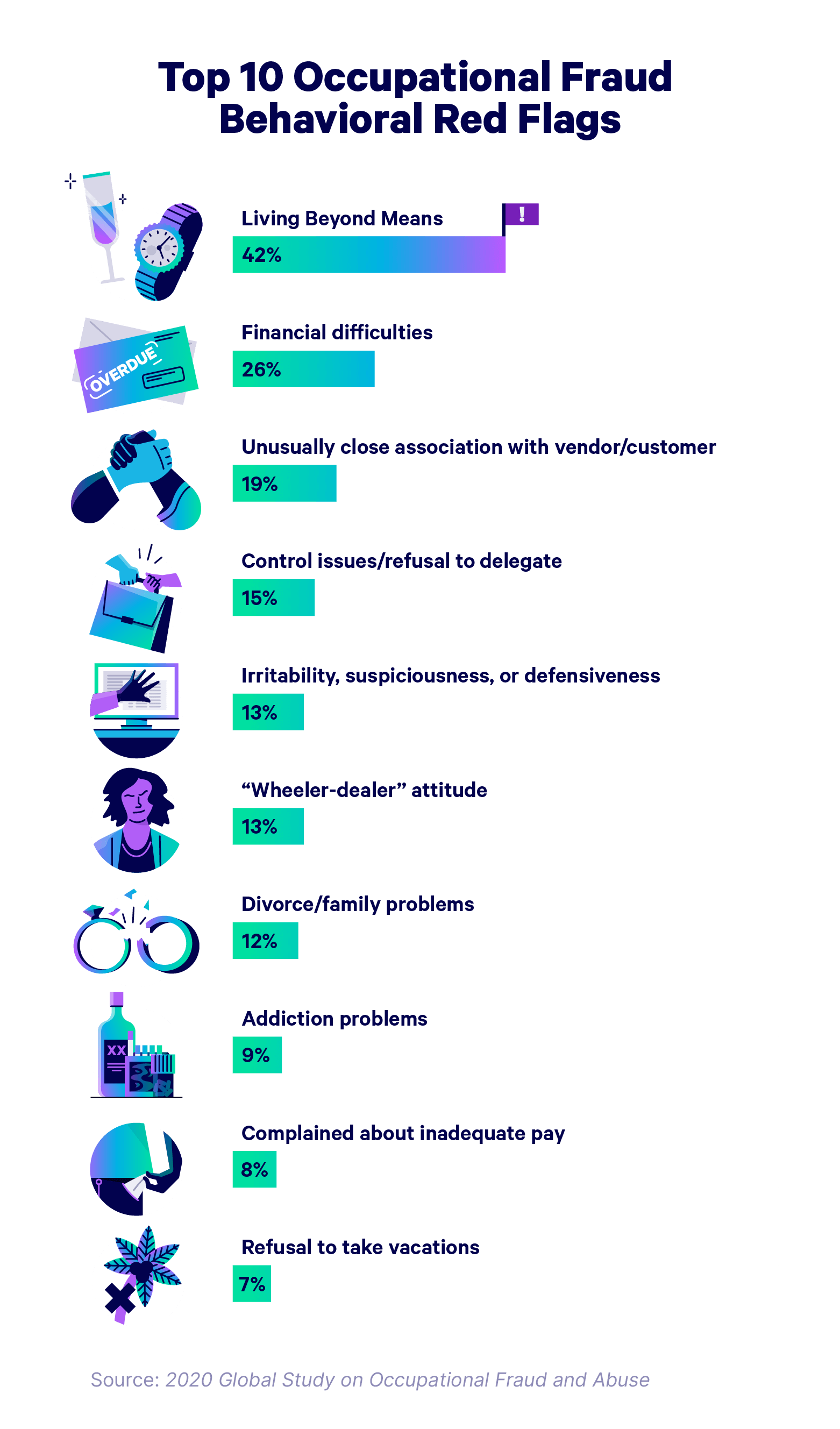White-collar crime may not involve physical harm, but its consequences can be just as devastating. Financial losses, damage to reputation, loss of jobs, mental health issues, erosion of trust, increased government regulations, income inequality, compromised safety, environmental damage, and compromised trust in institutions are all potential outcomes of white-collar crime. These consequences can be far-reaching and have a negative impact on individuals, businesses, and society as a whole. It’s crucial to hold white-collar criminals accountable for their actions and work together to prevent such crimes from occurring in the future. By understanding and combatting white-collar crime, we can protect ourselves and our communities.
10 Consequences of White-Collar Crime
White-collar crime is often overlooked since it doesn’t usually involve violence or physical harm to people. However, the consequences of white-collar crime can be just as devastating to individuals, businesses, and society as a whole. In this article, we will explore ten consequences of white-collar crime.
1. Financial Losses
White-collar crime can result in significant financial losses for individuals and businesses. Scams, embezzlement, and fraud can leave people and companies in crippling debt.
2. Damage to Reputation
A company’s reputation is paramount to its success, and white-collar crime damages it greatly. The tarnished reputation can lead to loss of customers, partners, and investors.
3. Loss of Jobs
Companies that fall victim to white-collar crimes often cut back on salaries and employee benefits. Workers, in turn, may lose their jobs due to the company’s financial difficulties.
4. Mental Health Issues
White-collar crimes can also cause severe mental health issues, such as depression and anxiety, for the victims. Employees who lose their jobs due to corporate fraud may experience financial and emotional stress.
5. Erosion of Trust
White-collar crime erodes the trust between businesses, organizations, and governments. The breach of trust creates a negative ripple effect that affects everyone involved.
6. Increase in Government Regulations
When white-collar crimes become widespread, governments may be forced to increase regulations to prevent similar incidences. These regulations can be costly and cumbersome for businesses.
7. Income Inequality
White-collar crime contributes to income inequality by enriching a select few at the expense of the masses. People who fall victim to white-collar crimes are often low-wage earners who lose their savings and retirement funds.
8. Compromised Safety
White-collar crime can also compromise safety. Bribing safety inspectors, for example, can allow companies to cut corners and disregard safety requirements. Such negligence puts employees and the public in danger.
9. Environmental Damage
White-collar crime can also cause environmental damage, whether through illegal dumping, safety violations, or negligent actions. The consequences of environmental damage can have long-lasting effects on communities and nature.
10. Trust in Institutions is Compromised
White-collar crime can make people lose faith in institutions, especially governments and businesses. When institutions fail the people they serve, the repercussions can be far-reaching.
Conclusion
In conclusion, white-collar crime may not cause physical harm, but its consequences are far-reaching and often devastating. It’s essential to understand and combat white-collar crime to prevent the damages it causes to individuals, businesses, and society as a whole. We must hold white-collar criminals accountable for their actions, and work together to prevent such incidences from happening in the future.
